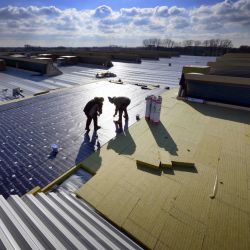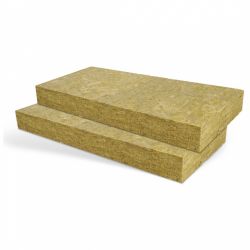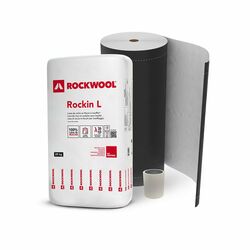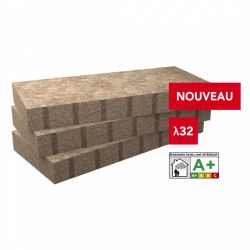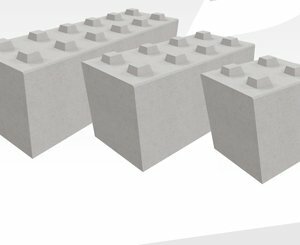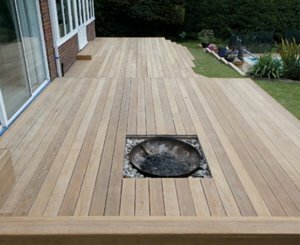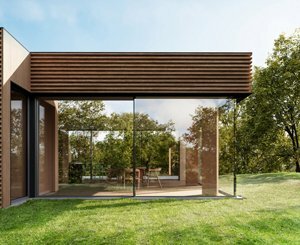In a context of sharp increases in energy prices, educational establishments, which represent 50% of public buildings, have an estimated 10% of aging and energy-intensive structures that have become sources of discomfort for occupants in the face of climate change.
Selection of products
To read also
-
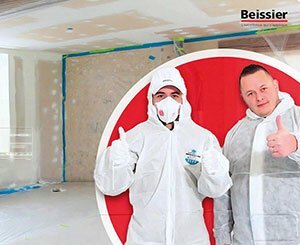 Beissier know-how in 2 new tutorials on YouTube
Beissier know-how in 2 new tutorials on YouTube
-
 Elcia publishes its guide “The essentials of 2024 for the Carpentry, Blinds and Closures sector”
Elcia publishes its guide “The essentials of 2024 for the Carpentry, Blinds and Closures sector”
-
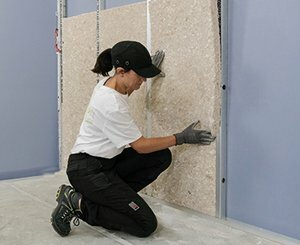 Special new RE2020 thresholds: Knauf supports professionals
Special new RE2020 thresholds: Knauf supports professionals
-
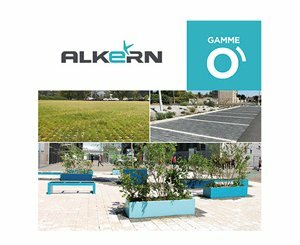 Alkern publishes its “Guide to draining solutions for roads and urban development” and expands its answers with the Quadro draining slab
Alkern publishes its “Guide to draining solutions for roads and urban development” and expands its answers with the Quadro draining slab
-
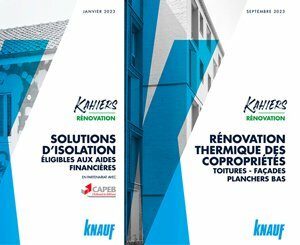 Kahiers Rénovation Knauf: 3 works to facilitate access to thermal renovations
Kahiers Rénovation Knauf: 3 works to facilitate access to thermal renovations
-
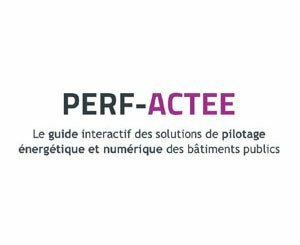 PERF-ACTEE: a new interactive guide to energy and digital management solutions for buildings
PERF-ACTEE: a new interactive guide to energy and digital management solutions for buildings
-
 The FILMM publishes a new brochure: "RE 2020 vs RT 2012, what changes"
The FILMM publishes a new brochure: "RE 2020 vs RT 2012, what changes"
-
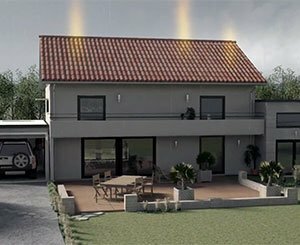 RE2020: Rockwool experts decipher the new environmental regulations through educational videos
RE2020: Rockwool experts decipher the new environmental regulations through educational videos
Popular News
-
 Old property prices are still falling but a recovery is taking shape
Old property prices are still falling but a recovery is taking shape
-
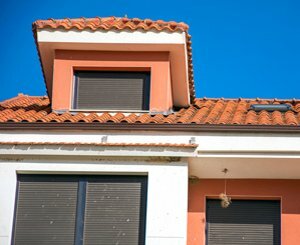 A report on anticipating the effects of +4°C warming reaffirms the need for housing adaptation
A report on anticipating the effects of +4°C warming reaffirms the need for housing adaptation
-
 AI is already revolutionizing businesses in architecture, engineering, construction... according to Autodesk's "State of Design & Make" study
AI is already revolutionizing businesses in architecture, engineering, construction... according to Autodesk's "State of Design & Make" study
-
 The average rate of real estate loans starts to fall again in the 1st quarter, according to Crédit Logement
The average rate of real estate loans starts to fall again in the 1st quarter, according to Crédit Logement


